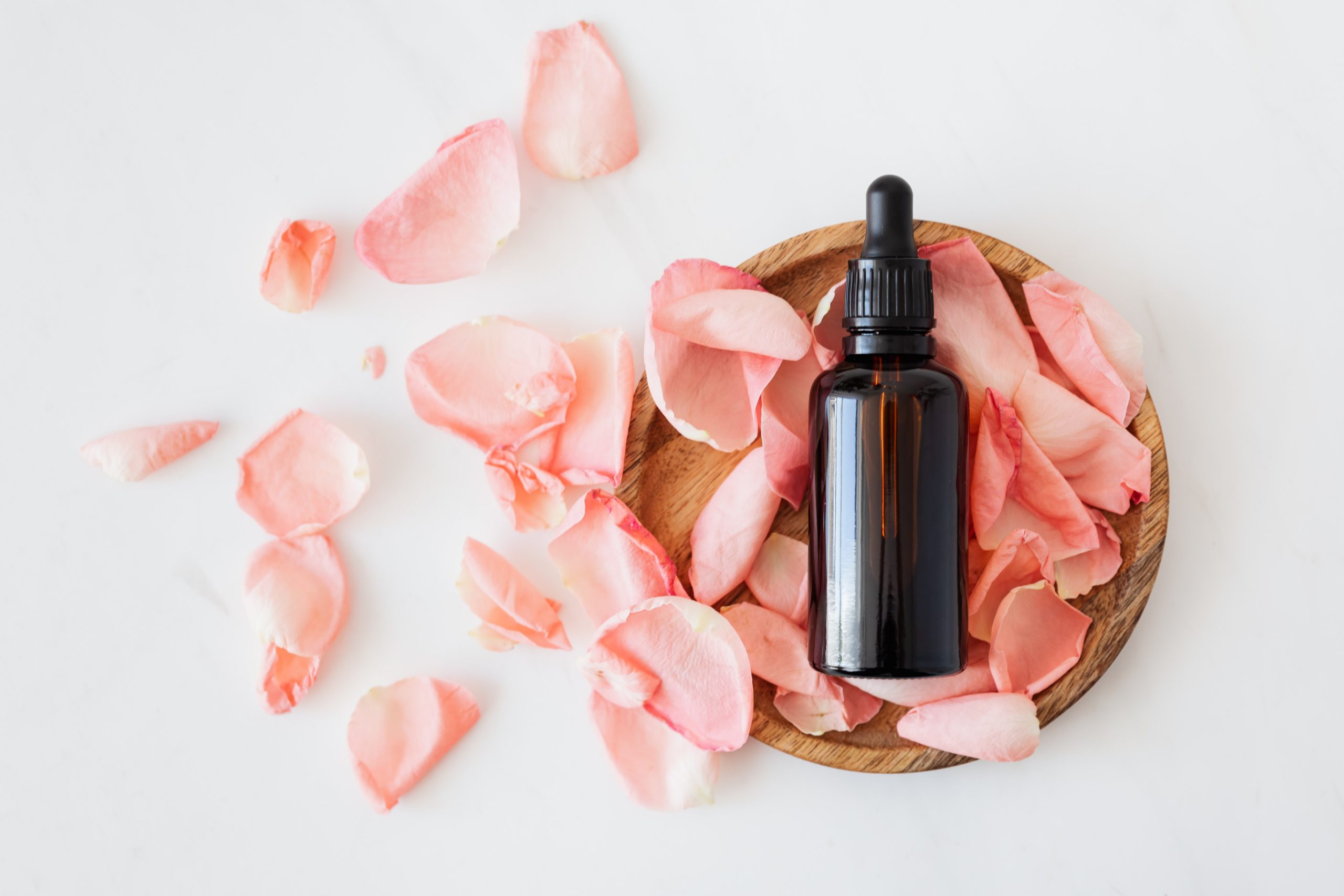Every year, new brands are created and find their way to growth in a cosmetics sector that is highly competitive. The success of these new brands is most often based on a clearly defined marketing positioning. Sophim offers you valuable advice on your cosmetics brand positioning and how to meet your customers.
1. An essential differentiating position in cosmetics
Today, large groups dominate the cosmetics market, thanks to a strong cosmetics brand positioning. L’Oréal, Unilever and Estée Lauder are the undisputed global leaders. These large multinational companies have a large economy, the communication expertise and the privileged access to distribution channels to impose themselves in France and internationally.
Launching a generalist brand, in direct competition with such giants, requires huge resources and capital that can be counted in tens or hundreds of millions of euros.
To find its market, seduce and then build real customer loyalty, a young cosmetics brand must find a differentiating marketing position and address a specific segment or niche. Sophim dispense precious piece of advice about cosmetics brand positioning!
2. Finding your niche in cosmetics: major trends
The success of your cosmetics brand positioning will be more evident if you target a niche in the cosmetics market.
Organic or natural cosmetics
They are attracting a growing number of customers who are looking for healthier products and meaningful brands. Although many brands are already positioned in this segment, there is still room for innovative brands that can bring added value.
Vegan cosmetics
They meet the expectations of a niche group of consumers who are particularly sensitive to the animal cause. Your products must not contain any ingredients of animal origin, or from any form of animal exploitation (milk, honey, etc.). You must also ban all animal testing in the design of your products.
Environmental concerns
They are expressed in many niches. For example, many strong cosmetics brands have found their audience in recent years. They promise natural, sometimes organic products, while promoting a zero waste approach by reducing packaging. Les savons de Joya, a French brand born around a family soap factory, has found its audience through the internet and has built up a loyal customer base without the resources of an international company like Lush.
The religious convictions
Those of certain consumers can open up positioning opportunities for you. Halal cosmetics meet the needs of several million people in France, and nearly a quarter of the world’s population. There is also a demand for kosher soaps and cosmetics. You can also favour an ethnic approach. People of African origin, for example, may be looking for products that are adapted to their skin and hair, and that take their culture into account.
Technological innovation
It can also be a strong differentiating factor in cosmetics. A new molecule, whose effectiveness is validated by scientific studies, can serve as a foundation for the launch of a brand.
Changes in consumption patterns
They can also lead to differentiated positioning. The Do It Yourself trend, which has flourished during the successive confinements, has given ideas to entrepreneurs. Brands such as MyCosmetik now occupy this promising niche.
Some cosmetic companies have also found their positioning by identifying a specific need, which no other brand had previously addressed. The idea for MÊME, the first cosmetic brand dedicated to people suffering from cancer, was born in the mind of Judith Levy Keller after her mother died of the disease.
You can take advantage of your personal experience or that of your loved ones to identify a need that is not being met. This will give you a differentiating marketing position!
3. Validate the choice of a niche through market research
Have you found a niche that seems promising? We invite you to validate your cosmetics brand positioning with a market study.
- You will be particularly interested in the potential market, in terms of the number of consumers and turnover. For example, the Arc Foundation reports that nearly 3.8 million people in France are living with a cancer diagnosis, and this population makes the economic viability of a brand like MÊME credible. Surveys show the interest of the French in reducing packaging waste, and demonstrate the interest of brands dedicated to solid cosmetics. Existing niches can be studied in more detail, with data on turnover trends in recent years and long-term growth forecasts.
- Your research should also define the exact typology and buying behaviour of your target. Do your consumers buy online or in shops? What is the income of your target group, and the average basket of cosmetic purchases? What is the customer life time value? A clientele that buys mainly online requires, for example, an upstream reflection on the digital strategy to adopt (creation of a website, presence on social networks and marketplaces, etc.).
- You must also study the competition and the barriers to entry. Launching in a niche already occupied by many competitors will complicate the development of your business. You can also study the type of business, the commercial strategy and the distribution channels of your competitors to assess your development opportunities.
Your market research will validate your choice of positioning. It will also help you to convince potential investors to join you in your entrepreneurial adventure.
4. Legitimate the positioning of your cosmetic brand
The success of your launch also depends on the consistency of your marketing positioning.
- Are you targeting a vegan niche? Obtaining a label or certification is essential to attract this target. Are you targeting the Muslim and religious consumer market? You can’t do without a halal certification.
- The selection of your sources of supply is equally important. Do you value a nature-friendly or ethical side? You can opt for plant-based cosmetic ingredients, choosing suppliers who are committed to a responsible and environmentally friendly approach. This sourcing is sometimes required to obtain a certification or a label: for example, an organic cosmetics brand must source certified ingredients. The head office and production units of your supplier, as well as its possible labels, are all criteria to be taken into account in order to make the right choice. Sophim is located in Europe, in France and Spain. We have recognised certifications, guarantees of quality and trust, such as COSMOS ECOCERT, and we offer a part of our range in organic version.
- You also need to take a holistic approach to gaining legitimacy, and banish ‘marketing washing’ practices. For example, a cosmetic brand aimed at people suffering from cancer is not credible if it includes ingredients considered potentially carcinogenic. Are you launching a vegan brand? Your success depends on a clear and explicit positioning, and you must at least propose exclusively “cruelty free” references for your entire catalogue. This target group is indeed sensitive to the opportunism of certain brands, which is quickly seen as a form of hypocrisy, and most often rejects players who limit themselves to a single range of vegan products in favour of the most committed companies.
5. Healthy and natural cosmetic ingredients for your new brand
Are you looking for partners to develop your cosmetic brand? Sophim offers you a wide range of healthy and natural cosmetic ingredients. We offer many references of plant origin, organic cosmetic vegetable oils and COSMOS certified products. We can help you design sustainable, healthy and natural cosmetic products in line with your cosmetics brand positioning!
You can contact our teams at (+33)4 92 33 17 17, or contact us online:
Category: Cosmetics Expertise






